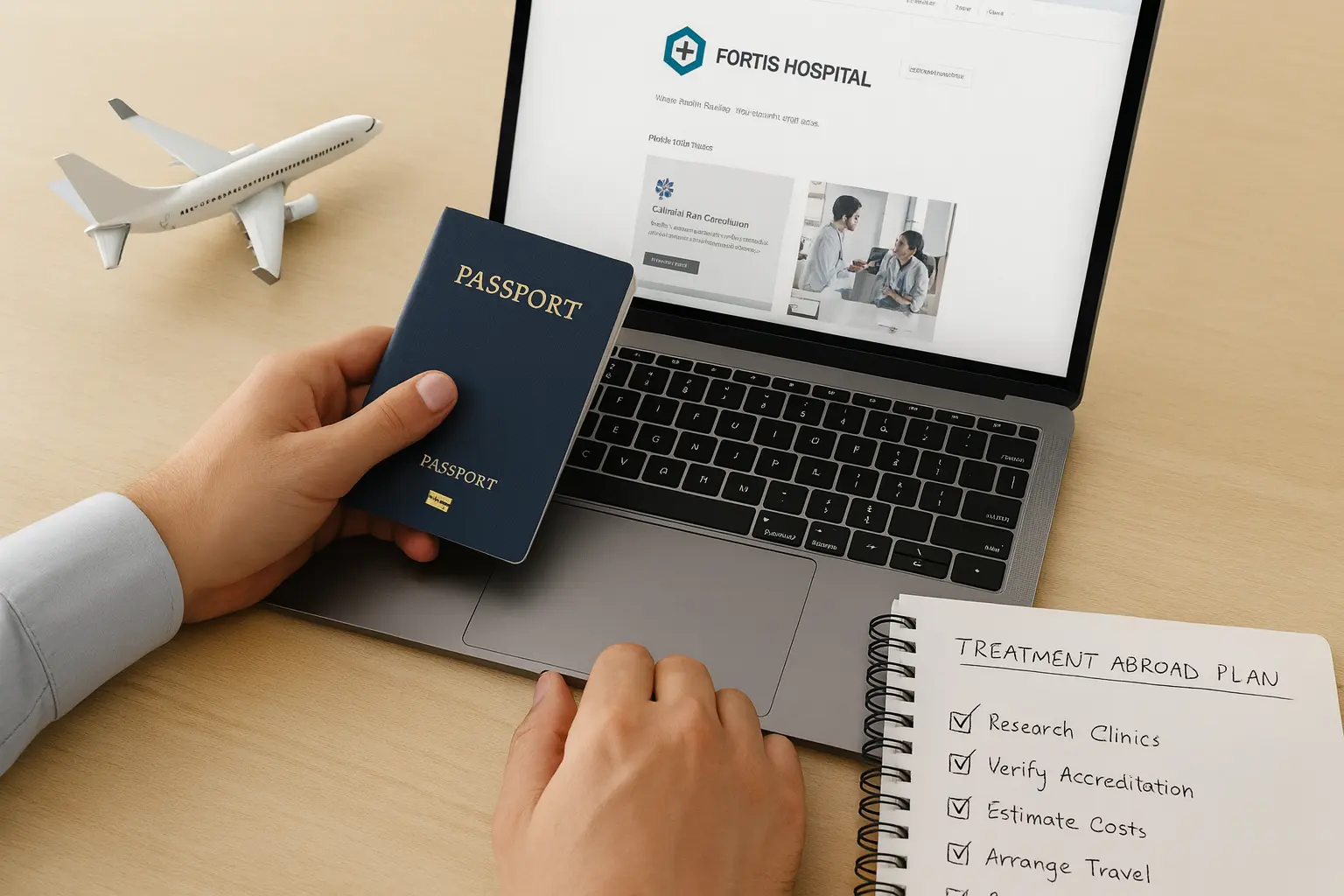When is it rational to look outside your home country for treatment?
Medical travel is no longer driven only by “price shopping.” Increasingly, patients evaluate treatment abroad the same way they evaluate any major investment: by comparing expertise, timelines, risk management, quality and total lifetime value.
Below are the clearest, evidence-based triggers when exploring overseas treatment becomes a rational decision — not a desperate one.
1) When wait times are clinically disadvantageous
In several developed systems (UK, Canada, parts of EU), wait times for non-emergency orthopaedic, cardiac, and oncology procedures can stretch from months to over a year.
Long waits increase:
- Disease progression risk
- Pain and disability time
- Economic loss (time off work)
- Mental stress load
If the delay materially affects outcome or quality of life — seeking treatment abroad becomes an outcome-optimising decision.
2) When pricing in your home country becomes economically irrational
In the US, treatment pricing is heavily distorted by administrative overhead, insurance complexity, and malpractice-driven “defensive medicine.”
If your cost difference internationally is ≥ 50% — especially for procedures that:
- Have standardised steps
- Have global clinical protocols
- Use globally certified implants / equipment
— then choosing an alternative location becomes financially logical rather than risky.
Examples where international price differentials are consistently large:
| Procedure | Typical differential |
| CABG heart bypass | 70%–85% lower abroad |
| Total Hip Replacement | 70%–80% lower abroad |
| IVF cycles | 60%–75% lower abroad |
| Dental Implants | 70%–85% lower abroad |
When a single treatment can create 4–6× difference in total outlay, staying local becomes less defensible.
3) When you require a high-volume specialist centre
In many complex surgeries, volume = expertise.
Hospitals that perform:
- Thousands of bypass surgeries annually
- Hundreds of joint replacements per month
- Advanced infertility cycles every week
Often deliver superior standardisation & process maturity.
If your home-region surgeon performs a procedure 10–50 times less frequently than a specialised centre in India — international care becomes an expertise upgrade, not a gamble.
4) When the travel effort is small compared to the benefit
International treatment makes sense when the total advantage is clearly larger than the travel cost and effort.
For example: Flights + Accommodation might be $1,500 – $2,500 but your treatment savings might be $20,000 – $80,000 AND you get faster access to healthcare / better process volume. In that case, the travel itself becomes a small part of the math.
A simple way to look at it:
“If treatment abroad gives me better results or much lower cost — and the travel logistics don’t cancel those benefits — then it’s worth considering.”
You don’t need a complex scorecard. Just ask yourself: Does going abroad clearly improve value? If yes → it’s rational.
5) When you can clearly verify safety and quality
You should only consider hospitals that show proof, not just marketing claims.
The simplest real-world signals are:
- JCI or NABH or any other internationally recognized accreditation
- Surgeons with US/UK/Europe fellowship experience
- Procedure volume transparency
- Implant brand disclosure
When these are visible and verifiable — not just mentioned casually — your risk reduces sharply.
You can even treat this like a “go/no-go” rule:
- If I can quickly verify quality signals → it’s a safe short-list candidate.
- If I cannot verify anything → Its a no-go. I should walk away.
The Practical Takeaway
Looking abroad is logical when:
- Home-country wait times are too long
- Pricing is excessive or irrational
- A specialised overseas centre does your procedure far more frequently and successfully
- Quality can be confirmed, not assumed
In those situations — medical travel is not an emotional leap. It is a smart, cost-aware, outcome-aware decision.
So the big question: Which country is the best destination for my treatment and is affordable? Quite a few options… Lets start with India.
Read more about why treatment in India more affordable than other countries and why you should consider it.


